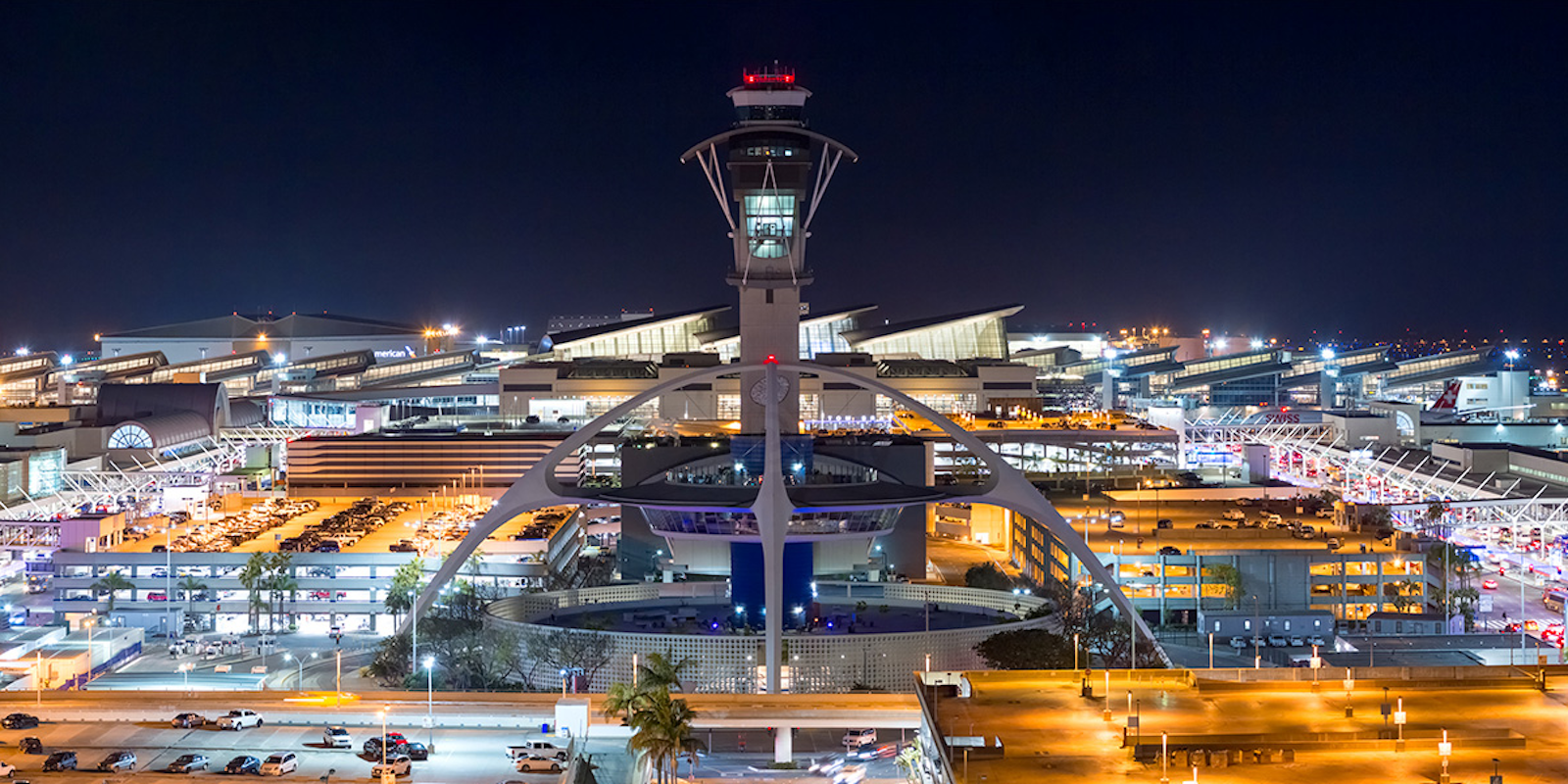In a test that started Jan. 30, one of the nation’s biggest airports will begin using facial recognition technology. The three-week-long trial at LAX, the third busiest airport in the U.S., will use facial recognition to compare travelers’ faces with the face on their electronic passports. The hope is that this will make security and customs lines more efficient.
It works like this: Travelers slide their paper or digital boarding passes under the scanner at their e-Gate (electronic gate). The scanner notes the name on the document and checks it against its boarding pass information. If the names are a positive match, the system then pulls the traveler’s photo from the chip in their electronic passport and compares that image to what’s captured by the system’s real-time facial recognition camera. From there, a positive match opens the gates and lets a passenger board. If the facial recognition match is negative, an attendant will double check your boarding documents.
Facial recognition data will only be stored temporarily on the system’s computers and is deleted once the passenger completes the process and boards. However, the TSA will keep track of statistical data during the trial (likely information about if errors are encountered, and the number of positive or negative facial recognition matches).
According to Los Angeles’ ABC affiliate, LAX has also implemented facial recognition kiosks at three British Airways self-service boarding gates. Passengers there will board five at a time, without the need for a boarding ticket. When you stand on a mat at the gate, the technology scans your face and compares it to the photo on file from your passport, visa, or other government-issued ID, letting you board if it’s a positive match.
The TSA is actually conducting a handful of different facial recognition trials across the U.S., including one at JFK airport in New York. And at LAX, other airlines—including Korean Airlines, Lufthansa, and Qantas—plan to debut facial recognition machines at their gates within the next 30 days, too.
Facial recognition is a natural match for smoothing out the stressful, time-consuming security processes of air travel. However, it poses privacy risks for citizens, particularly if data got into the wrong hands.
“We can change our bank account numbers, we even can change our names, but we cannot change our faces,” Adam Schwartz, a lawyer with the Electronic Frontier Foundation, told NPR in June. “And once the information is out there, it could be misused.”
In the past, the TSA and Customs and Border Protection have said that they will only hold onto photos and data for non-U.S. citizens.
H/T FCW

